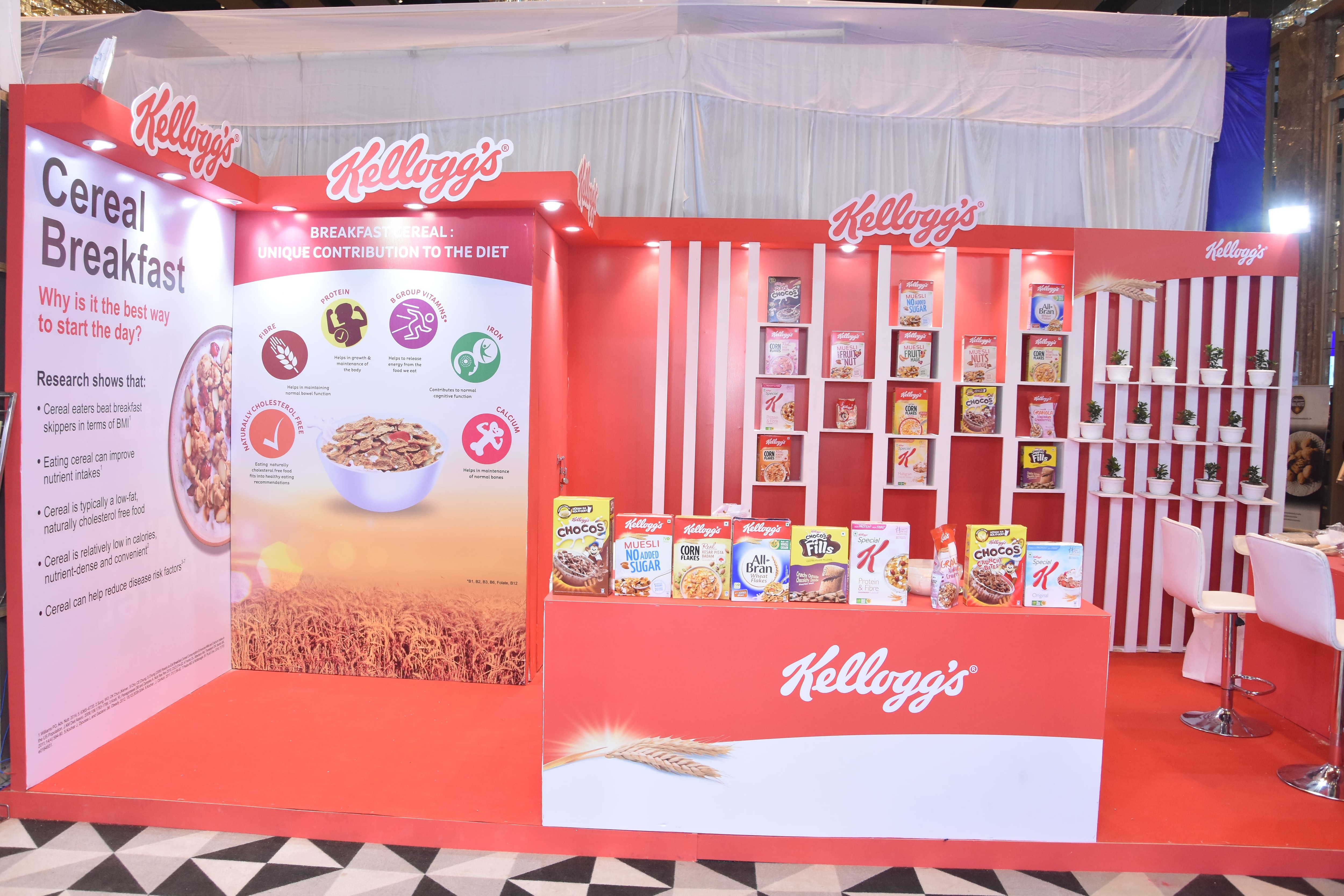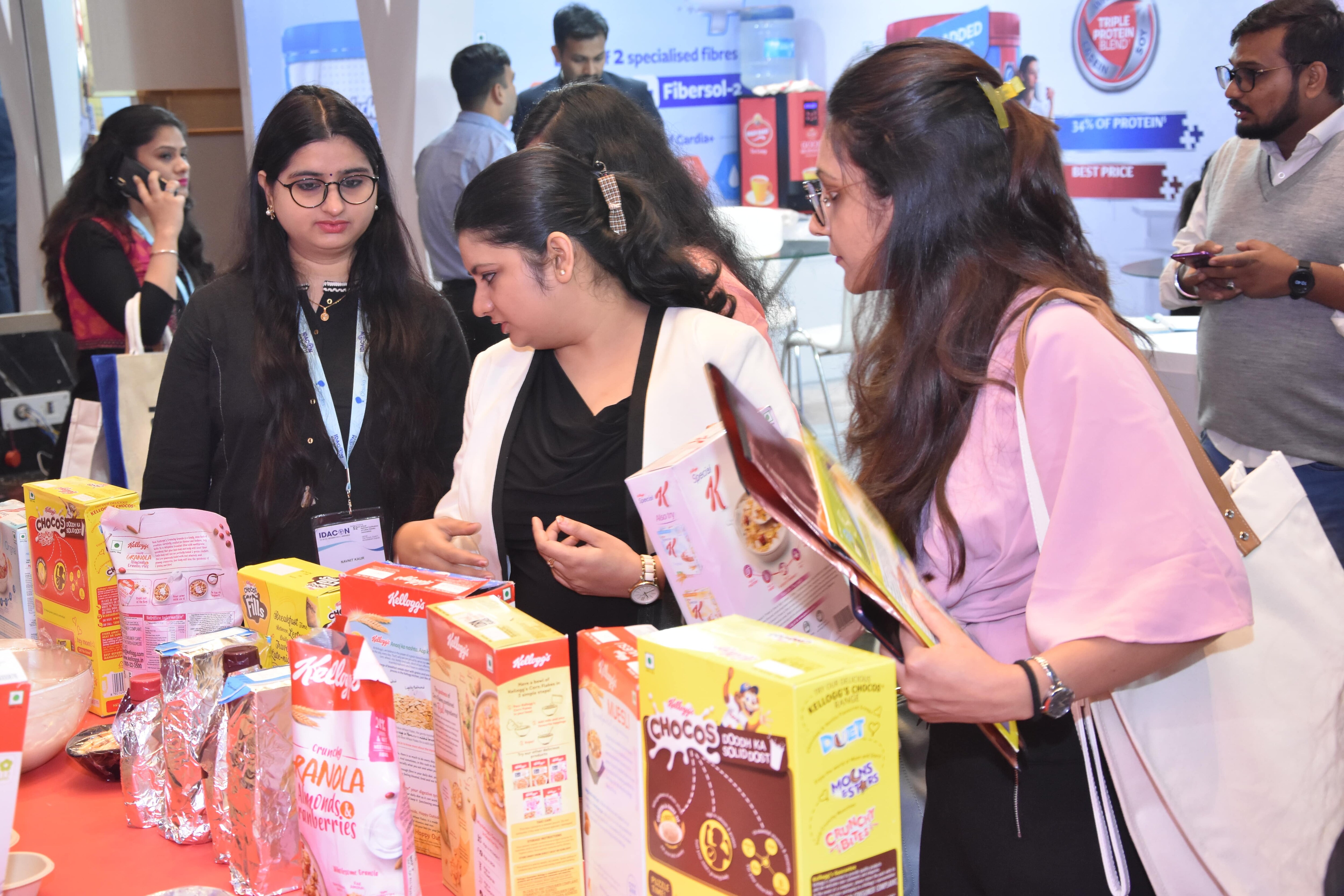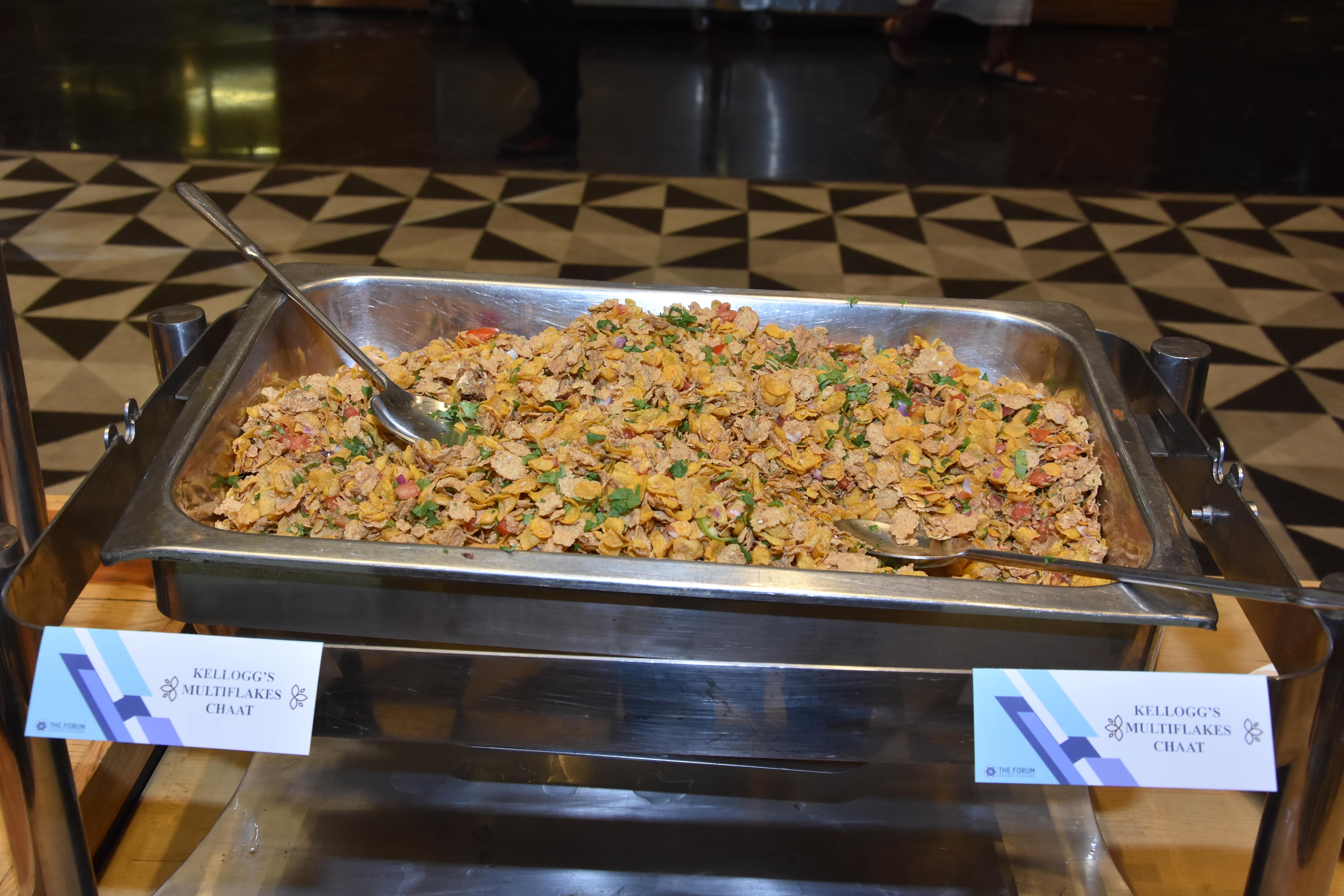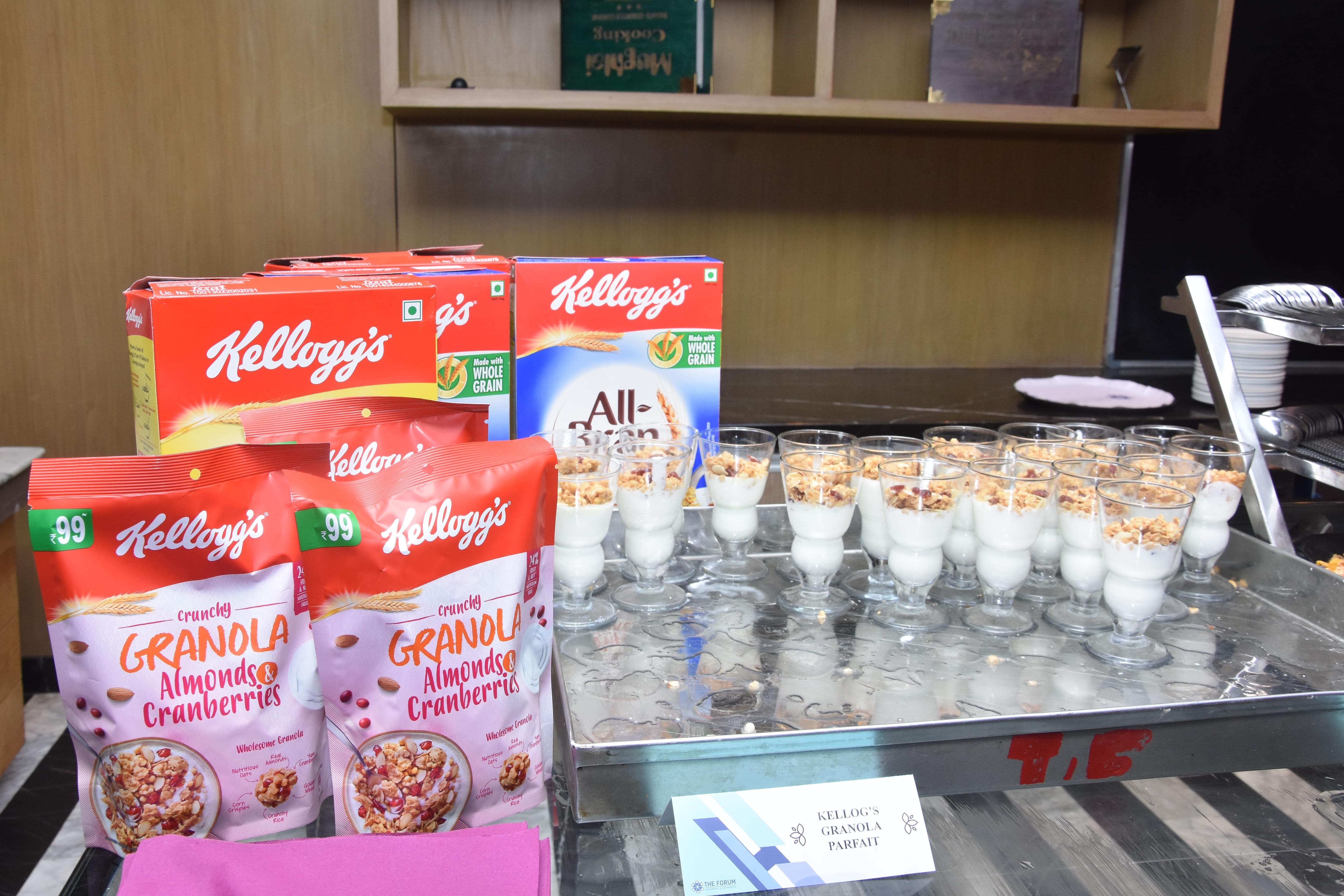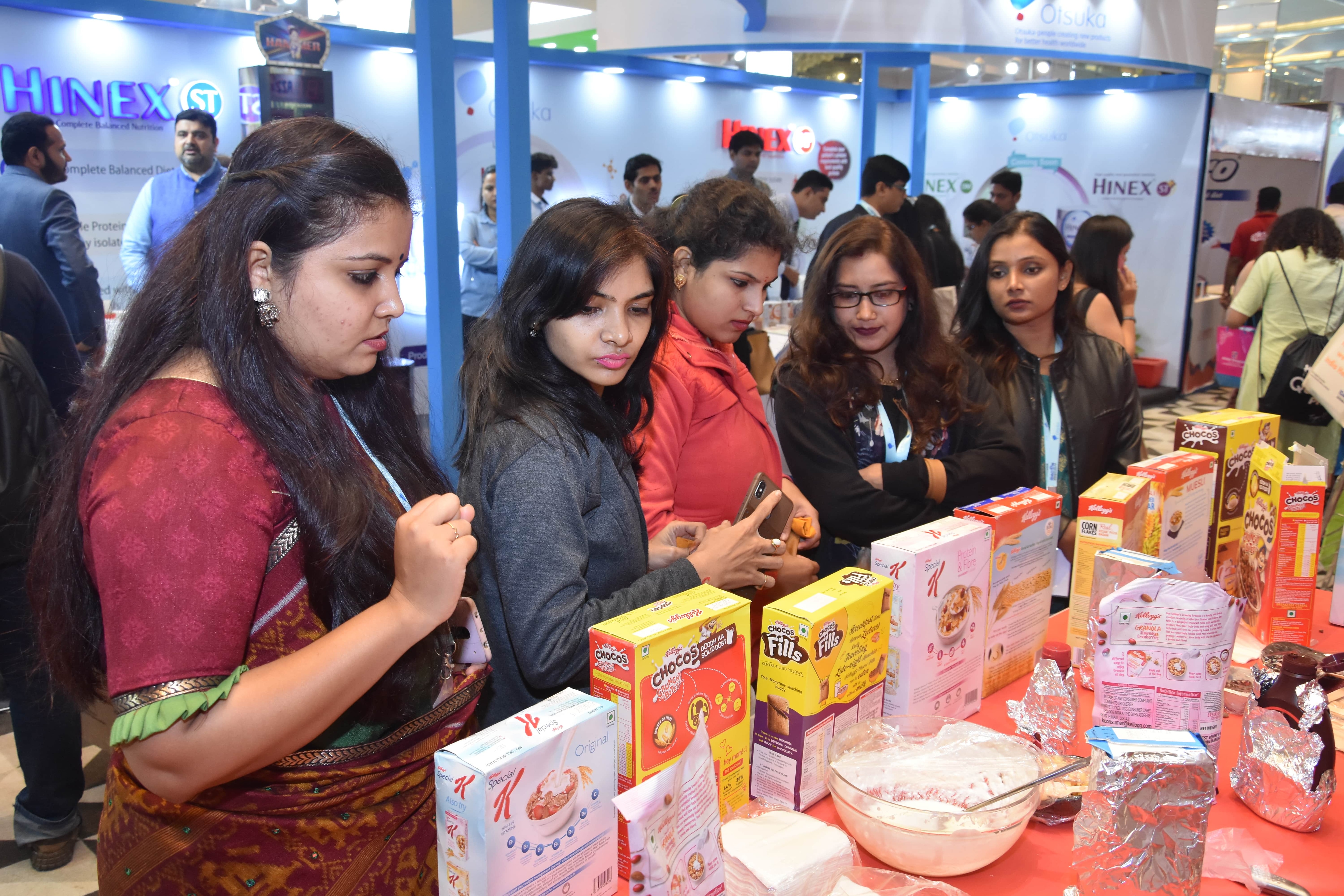Conference & Seminars
Conferences and Seminars
Over several years now, Kellogg participates in Indian Dietetic Association (IDA) and Nutrition Society of India (NSI) annual conferences. Healthcare professionals are engaged through the booth set up and dissemination of scientific literature. A presentation on a relevant topic is made in the scientific session. Besides serving Kellogg breakfast to all conference participants, Kellogg’s cereals are sampled in innovative ways from the stall as well as during the mid-morning and evening tea breaks to display versatility of the cereals and K Chefmanship.
2012 and 2013: IDA and NSI annual conference
Topics:
Breakfast intake among school children in selected Indian metro cities- is school timing a critical factor
Breakfast Perceptions and Attitudes - Implications for instituting a behavioral change
“India Breakfast Habits Study” - A successful academia - industry joint initiative
Speaker: Dr. Malathi Sivaramakrishnan, Research Director, Research Centre, Nirmala Niketan, College of Home Science, Mumbai
The results of the scientific research, titled ‘Nutritional adequacy of breakfast: Its relationship to daily nutrient intake among children, adolescents and adults’ in 4 key metro cities conducted by the Research Centre, College of Home Science, Nirmala Niketan, Mumbai and supported by Kellogg India Private Limited provided an insight into the way urban Indians perceive and deal with the most important meal of the day. The breakfast habits of Indians, be it skipping or eating a regular breakfast, do not provide the required nutrients, resulting in a nutritionally inadequate first meal. In practise, not enough attention is being paid by breakfast eaters to the nutrient intake. The nutritional deficits at breakfast are also not being made up by the day’s intake of nutrients. This is especially true of micronutrient intakes, which comprise of vitamins and minerals in our daily diets. This may prove to be a matter of concern in the long term. The survey also highlights startling differences in the breakfast eating habits of Delhi, Mumbai, Kolkata and Chennai. Different facets of the data generated from the study were presented at the above conferences.
2014: IDA annual conference
Topic: Importance of Breakfast: Role of Cereals
Speaker: Madhavi Trivedi, Associate Director – Nutrition, PR Affairs and Communications, Kellogg India Pvt Ltd
Mounting research has demonstrated that there are considerable health benefits of consuming breakfast. The presentation summarized the evidence on breakfast consumption and its relation to nutrition and health, with a particular focus on the role of cereals conducted through a review of literature. Key findings of the study conducted to map the perceptions, attitudes and behaviour of urban Indians in four metro cities of India were presented.
2015: IDA annual conference
Topic: Cereal Fibre
Speaker: Madhavi Trivedi, Associate Director – Nutrition and Scientific Affairs, Kellogg India Pvt Ltd
The importance of dietary fibre is well recognized. Evidence from prospective cohort studies shows a diet high in fibre may reduce the risk of developing type 2 diabetes and heart disease, as well as bowel cancer, breast cancer, gallstones, diverticular disease and weight gain. Yet, emerging evidence now suggests that the type of fibre should be of greater interest to health care professionals. In addition, based on the totality of scientific evidence, cereal fibre appears to be the most important fibre type to demonstrate the strongest risk reduction. The role of cereals as part of a balanced breakfast has been well recognized by various food and nutrition experts and international bodies. Regular consumption of cereals, can therefore, be recommended to form part of a healthy well-balanced diet.
2016: IDA and NSI annual conference
Topic: Role of Cereal Fibre in Health and Disease
Speaker:
Dr. Dharini Krishnan, Consultant Dietitian. Former National President of Indian Dietetic Association (2008 – 2011). Chairperson, R.D.Board (2012 – 2015)
Non-communicable diseases (NCD) like CVD, type 2 diabetes mellitus, cancers and chronic respiratory diseases account for 60% of all deaths worldwide and are the main causes of death worldwide. Dietary fibre plays an important role in the etiology of NCD and mortality. Evidence from prospective cohort studies shows a diet high in fibre may reduce the risk of developing type 2 diabetes and heart disease, as well as bowel cancer, breast cancer, gallstones, diverticular disease and weight gain. High cereal fibre intake was inversely associated with mortality from all causes, CVD and cancer.
2017: IDA annual conference
Topic: Protein and Fibre: Role in satiety
Speaker:
Ms. Shiny Surendran, Accredited Sports Dietitian – Sports Dietitian Australia. Graduate Dip in Sports Nutrition (Intl Olym Comm). Lecturer in Sports Nutrition – SRU
Hunger, appetite and satiety are regulated through hormones and signalling that happens between the brain and other organs in the body. Food intake influences appetite and satiety. Protein has a positive impact on satiety and energy balance. Several factors contribute to increased protein-induced satiety in response to a short-term high-protein intake. These include decreased postprandial hunger, increased thermogenesis, maintenance of fat-free mass, increased energy expenditure and altered gluconeogenesis. Dietary fibre also has a positive impact on satiety. Several mechanisms have a role to play in intake of dietary fibre and resulting fullness. These include delayed gastric emptying, prolonged transit time, addition of bulk to the diet and reduced meal size. Consuming foods high in protein and fibre help feel full and may help prevent untimely hunger pangs and therefore help in weight management. A healthy diet and regular exercise are important for weight management.
2018: IDA annual conference
Topic: Hidden Hunger – Role of Fortified Foods
Speaker:
Dr. Dharini Krishnan, Consultant Dietitian. Former National President of Indian Dietetic Association (2008 – 2011). Chairperson, R.D.Board (2012 – 2015)
Hidden hunger is a form of under nutrition that occurs when intake and absorption of vitamins and minerals are too low to sustain good health and development. 1.1 million children die of undernutrition and micronutrient deficiencies. Around 50% people with micronutrient deficiency reside in India. The impact of micronutrient inadequacies occurs across the lifespan. There are several determinants of micronutrient deficiencies: food availability and surroundings, familial dietary and cultural practices, parental influence on food selection and affordability to mention a few. The disease burden and its repercussions caused by micronutrient deficiencies is substantial but completely preventable.
There are 4 primary ways a person can get micronutrients into their system: dietary diversity, food fortification, bio fortification and supplementation. Of these options, fortification is most efficient on account of comparatively lower implementation cost & ability to yield significant results in a short period of time. Availability and acceptability of fortified food can help address hidden hunger. Countries have been fortifying foods to combat micronutrient deficiencies for over 90 years.The widely used fortified foods include salt, flours, pasta, milk, margarine, yoghurts, juices, diet beverages and ready-to-eat cereals. Fortified cereals can make a difference in people’s diets. Dietary studies have demonstrated that eating fortified breakfast cereals make a significant contribution to the intake of these vital micronutrients.
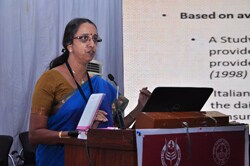
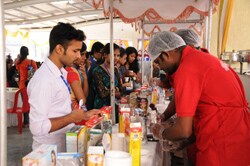
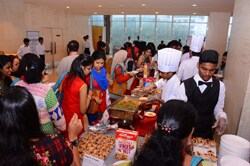
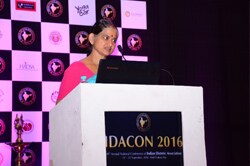
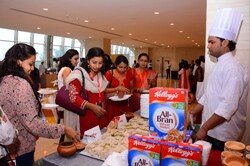
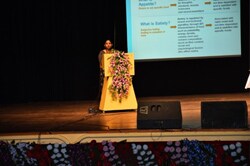
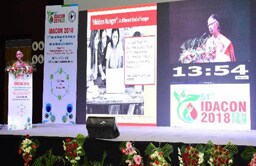
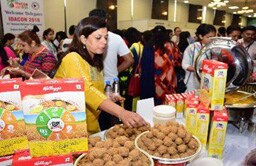
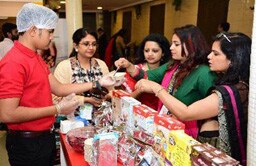
2019: NSI annual conference
The theme for the 51st Annual National Conference of the Nutrition Society of India was “Nutrition Security – Blending Tradition with Modern Technology”. This is in line with the growing need to incorporate modern technology into traditional practices and at the same time integrate indigenous knowledge with advanced scientific innovations. 800 participants attended the event. The 3-day programme started with two parallel sessions of pre-conference workshops on viz., Clinical and Hospital Nutrition and Application of Mass Spectrometry in Nutrition Research. The scientific agenda of the main conference consisted of various interesting topics such as Is Coconut oil good for health?; Nutraceutical potential of functional foods; Nutritional and health benefits of Indian Herbs & Spices; Nutrition therapy for certain conditions like Diabetes, Anaemia; Enzyme applications for improving nutrient density and health; Genome editing etc. Oral /research paper and poster presentations were also part of the main programme. Kellogg India had a stall set up with sampling (Kellogg’s cereals with milk/ curds along with fruits) from the stall. An infographic on ‘Understanding Whole Grains’ was prepared and included as part of the delegate kit. Two customised recipes made with Kellogg’s cereals namely ‘Kadala Kellogg’s Flakes’ and ‘Kellogg’s Granola Parfait’ were served to all the participants during the mid-morning tea break on
Day 1.



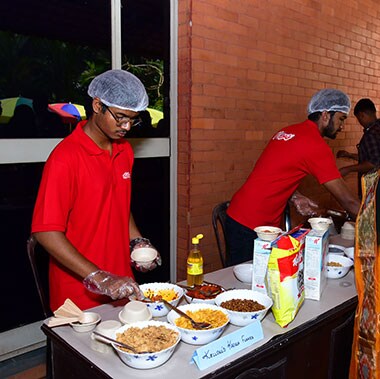


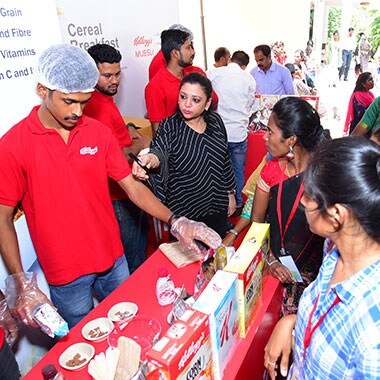
2019: IDA Annual Conference
The 52nd Annual Conference of the Indian Dietetic Association (IDA) was organized, at Ahmedabad, Gujrat from 19 – 21 December 2019. The theme of the conference was Exploring Frontiers; Empowering Nutrition; Enriching Lives. The 3- day program started with pre-conference workshops on various topics of clinical interest: Hyperglycemia in Pregnancy; Bariatric Surgery; Sports Nutrition Integrative Nutrition; Nutrition in Critical Care; Gut and beyond. The scientific sessions of the conference covered diverse topics such as Importance of muscle health in older adults; Gut nutrition; Management of metabolic disorders; Role of dietary AGE in foods, inflammation and prediabetes; Advances in clinical management for diabetes, obesity, PCOS. There were addresses by stalwarts of the nutrition and dietetics community: Prof. K. Srinath Reddy (President, Public Health Foundation of India) spoke on Malnutrition and Climate Change; Dr. Anoop Misra (Chairman, Fortis Centre for Diabetes, Obesity and Cholesterol) threw light on ‘Role of Nuts in prevention and management of Diabetes’; Dr. Nayana Patel (Medical director, Akansha hospital and Research Institute) spoke on ‘Link between Nutrition and Infertility’; Ms Deepti Gulati (Head of Programs, GAIN India) elucidated on ‘Food Fortification as a vehicle for enriching foods, enriching lives’. The conference was well- attended by 1200 delegates comprising of clinical dietitians, researchers, academicians, public health nutritionists, sports and wellness experts, students, nutritionists from the food industry and medical doctors. Kellogg India had a stall set up with sampling (Kellogg’s cereals with milk/ curds along with fruits) from the stall. An infographic on ‘Understanding Whole Grains’ was prepared and included as part of the delegate kit. Two customized recipes made with Kellogg’s cereals namely, ‘Kellogg’s Multi flakes Chaat’ and ‘Kellogg’s Granola Parfait’ were served to all the participants during the mid-morning tea break on Day 1.
